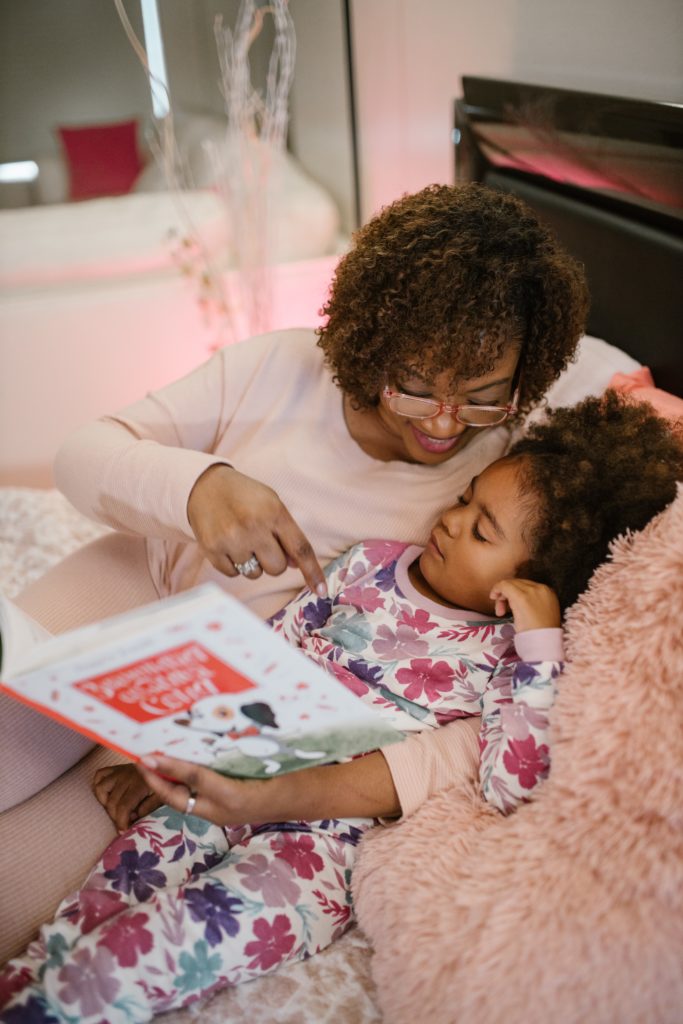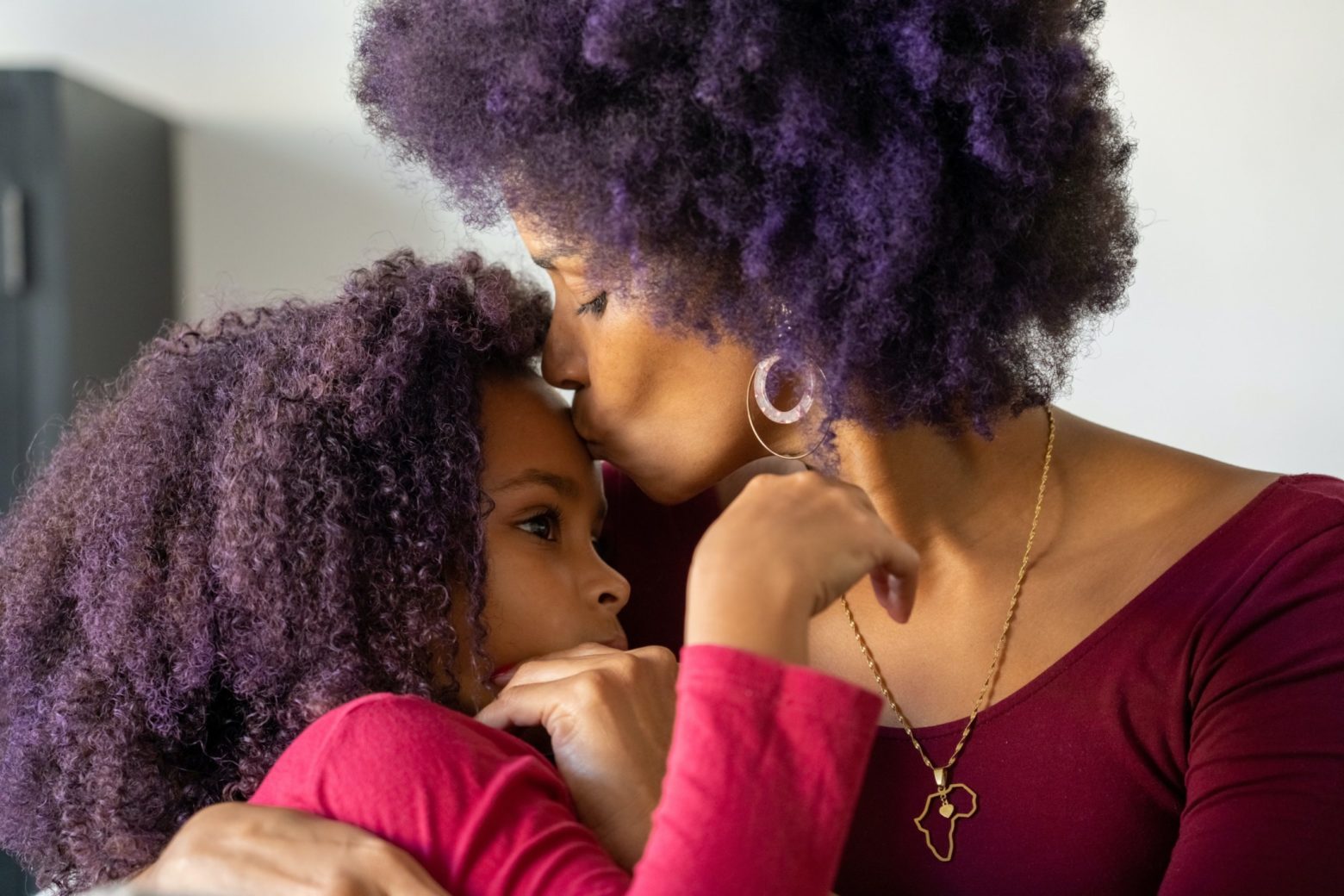Back to school season is officially here and emotions can run high during this time. We currently live in very scary times, and the buzz of consistent bad news and endless debates around gun safety can become dizzying. The health care crisis and the viruses that have surfaced have become an added issue of concern. As kids transition back to school during this time, it is important to give them the support that they need. Here are ways to offer emotional prop ups to our younger generation in these difficult times.
Watch Closely
The first step is to watch out for signs. Many children have subdued personalities and may not open up about the way they are feeling. If you know the child well, look out for any abnormal traces of behavior that may indicate that they are anxious, afraid or unwilling to go back to school. This can be tricky because most kids will not explicitly state or show their concerns. This is when it becomes important to directly communicate and ask them how they feel. Depending on the outcome, they may or may not open up, and that is ok. If they do not share in depth, reassure them any reassure them of your love and support.

Show Empathy
Sometimes with larger “adult problems” like mortgage payments, relationships and work, it can be easy to be dismissive of the things that kids go through. Children are equally susceptible to worry, anxiety and emotional distress, and if they are school-aged, it is especially important to validate and empathize with their thoughts and perceptions often. According to Gwen Dewar, PhD, when kids feel that they can count on us for emotional and physical support, it makes them confident to create strong and secure social relationships with others.

Be Genuinely Curious
Curiosity is a powerful tool because it promotes empathy and creates closely. For example, asking a child “how do you feel about going back to school tomorrow?” is likely to open up a conversation about the school semester, troublesome classmates, and favorite teachers among other things. Being genuine about wanting to know how your child is doing is a great way to establish an emotional bond and build trust.

Be Honest, But Protective
Children deserve to know how dangerous the world can get, and although it is important to be honest about the dangers in the world, limit excessive exposure to social media and disturbing news coverage. Instead, invest time in reassuring kids positively by watching educational movies, playing games, and choosing an after-school activity, sport or hobby that interests your child.

Establish a Routine
Establishing a consistent routine can give kids a reliable structure, which can help them to properly navigate their emotions in school. For kids to thrive emotionally, they to feel aware confident in their immediate surroundings. Establishing or re-establishing a regular routine can empower young ones to feel in control of their environment and surroundings. It can also help them to be grounded and secure.

